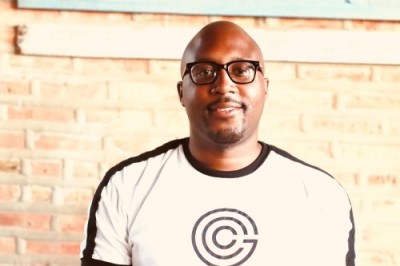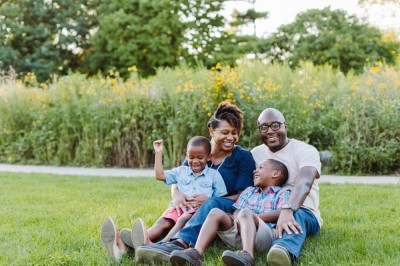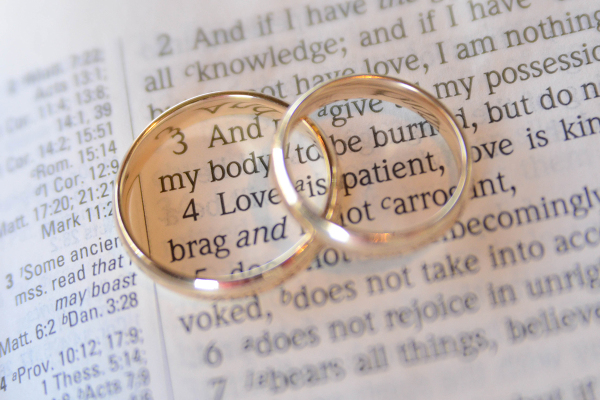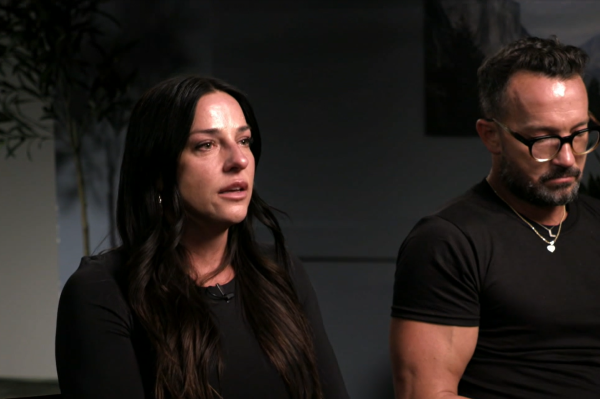From prisoner to pastor: How churches can support second chances

I first saw the inside of a jail cell when I was just 13 years old. Like so many people, young and old, I had lost my way. I thought that drugs and violence could save me. Instead, they only brought me, and everyone around me, a great deal of pain. At 19, I was arrested and incarcerated for third-degree murder for a role I played in a shooting that left a young man dead. I thought my life was over. I didn’t feel I had a future anymore.
When I got to prison, all the prison cells were full, and I had to be put in isolation. I sat there alone. I was so bored that I asked one of the corrections officers if they had anything to read and he gave me a Bible. This was the first time I had ever read the Bible. And as I began to read, I realized that God had more for me. He had brought me to that place of isolation so I could feel Him and hear Him without my life getting in the way. Prison was the best thing that ever happened to me.
God instilled in my heart the need to repent and seek forgiveness. I spoke with the family of the man I had helped harm. I had played a part in the death of someone they loved, and it was up to me to make things right. Together, supported by the Church, I overcame the guilt and shame of what happened and found a new way forward.
Today at age 38, I’m a pastor and a preacher of God’s Word. When I first felt God’s Word stirring in my heart, everything changed. In spite of my sin, the Lord reached out to me and gave me new life. I was oppressed by the weight of my sin and guilt, but God set me free to sing His praises and live for His witness.
It may sound incredible, but I don’t really think my story is all that special. At its heart, my story is just the story of the Bible told in my life by Christ working through me. It’s the story of sin, redemption, and second chances. And I know that most prisoners could tell the same story, if we let them. We in the Church just have to show them how.
We know from the Bible that Jesus has made all of us one family in Christ. God’s love is a fatherly love; when we accept that love and receive the good news of the Gospel, we become something that can’t be found anywhere else in the world. We become the family that every sinner needs to find their way back home.
The amazing thing about God’s grace is that it doesn’t discriminate. All are welcome in God’s family, and no one goes away hungry from the Lord’s dinner table. When God calls His people to Himself, every single person on Earth, whether they are at home in their living rooms or currently behind prison bars, is invited to answer.
But that’s not what the world thinks and says. The world divides God’s people into the good and the bad, the upstanding member of society and the outsider, those who belong and those who do not. To the men and women whose broken lives and shattered hearts lead them to crime and incarceration, the world gives nothing but shame and regret.

Plenty of well-meaning people talk a great deal about how to rehabilitate prisoners after they leave prison. They talk about jobs and they talk about housing. They talk about creating opportunities and they talk about building programs. But while all of these factors are important for rebuilding a better life after prison, they aren’t what’s most essential. They don’t address the root causes.
Most fundamentally, crime is always a moral issue. Poverty, joblessness, and other social circumstances can always push a person one way or another. But these situations alone can’t darken someone’s conscience to the harm done by crime or create the hopelessness, unhappiness, and brokenness that drives criminality. When people commit crimes like I did, they do so because they no longer feel that a life of loving, joyful companionship with their neighbors is possible. Men and women who commit crimes have lost their sense of God’s loving family.
So when the world piles shame and regret onto prisoners, it makes building a new life after prison impossible. People in prison are already hurting; the shame, regret, and guilt they feel during and after their sentence is a burden that prevents healing and weighs them down for a lifetime.
That’s what makes the Church so special as a vehicle for change. Only the Church can step into the brokenness at the heart of criminality and speak the saving message of God’s love. Only the Church can make the prisoner feel like they aren’t a leper, like they’re more than their guilt, like they can belong again to a family rich with grace and freedom.
To help give prisoners a second chance, the Church doesn’t need to be perfect. It doesn’t need to have a host of fully fleshed-out programs and resources at its disposal. All that the Church needs is the Gospel and a willingness to love prisoners as they would want to be loved. I speak from my own firsthand experience when I say that nothing is more impactful on the life of a former prisoner than being invited to dinner with friends, being given community responsibilities in a church, and being treated like a beloved family member in God’s kingdom again.
When Jesus was asked what God’s law commands, he answered with a simple message. God calls each of us to love Him with all our heart, all our soul, and all our mind, and to love our neighbor as ourselves (Matthew 22:37). The Church has a vocation to witness to that incredible, amazing love. And I speak both as a former prisoner and as a pastor when I say that that love alone is enough to transform hearts and create second chances that last a lifetime.
Jon Kelly is the lead pastor of Chicago West Bible Church.





















